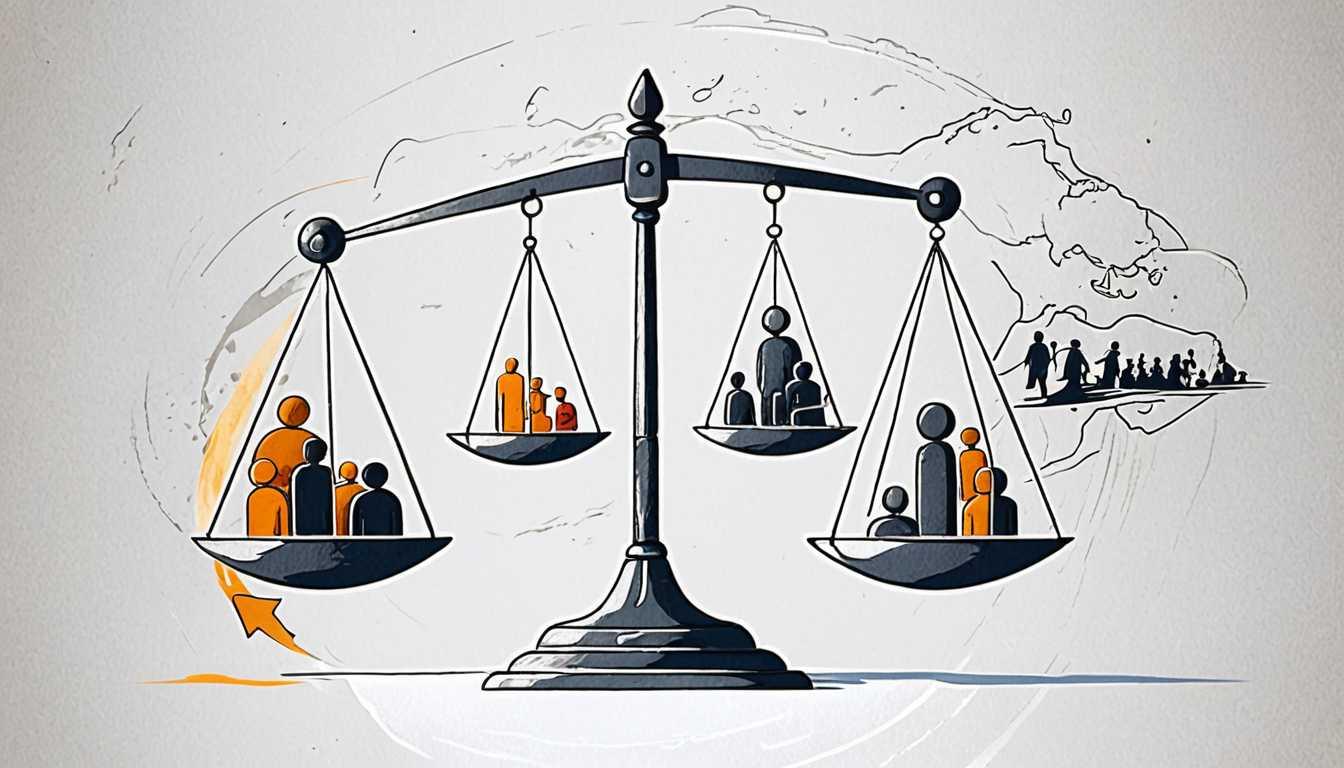Changing Words, Saving Lives
April 2024
Harvard University
Introduction
Dive into the compelling world of medical language and its impact on patients with alcohol-related conditions, as reported by Harvard's Anna Lamb. This eye-opening article explores how terms like 'alcoholic' may worsen patient outcomes by fostering stigma. Join Mass General’s Wei Zhang in his quest to transform healthcare communication and save lives by promoting non-stigmatizing language. It's not just about words; it's about changing lives!
READ FULL ARTICLEWhy It Matters
Discover how this topic shapes your world and future
Unveiling the Impact of Words in Healthcare
Understanding the impact of language in healthcare, especially concerning conditions like alcohol use disorder, is crucial not only for medical professionals but also for society at large. The words used to describe individuals with health conditions can significantly influence their treatment outcomes and personal experiences. By exploring how terms such as "alcoholic" or "addict" might contribute to stigma, you can see the human aspect behind medical diagnoses. This topic is not just about medical facts; it's about empathy, ethics, and the power of words, which you encounter and wield every day. Reflecting on this can help you appreciate the profound effects that language can have on people's lives, encouraging more thoughtful communication in your daily interactions.
Speak like a Scholar
Stigmatizing Language
Words or phrases that can negatively impact how people perceive themselves or others, often leading to discrimination or social exclusion.
Alcohol Use Disorder (AUD)
A medical condition characterized by an impaired ability to stop or control alcohol use despite adverse social, occupational, or health consequences.
Liver Transplant
A surgical procedure that replaces a diseased liver with a healthy one from a donor.
Bias
An inclination or prejudice for or against one person or group, especially in a way considered to be unfair.
Empathy
The ability to understand and share the feelings of another, a crucial skill in healthcare to better connect with and treat patients.
Intervention
Actions taken to improve a situation, especially a medical disorder or a social problem.
Independent Research Ideas
Comparative Analysis of Recovery Outcomes
Investigate how recovery outcomes differ between patients described with stigmatizing language versus non-stigmatizing language in clinical settings.
Language Evolution in Medical Textbooks
Study how descriptions of alcohol use disorder have changed in medical textbooks over the last fifty years and correlate these changes with public attitudes and treatment approaches.
Impact of Language on Patient Honesty
Explore how the language used by healthcare providers influences the honesty of patient disclosures during treatment for alcohol-related diseases.
Global Perspectives on Medical Stigmatization
Research how different cultures address alcohol use disorder and the effects of stigmatizing language across diverse healthcare systems.
Technology’s Role in Reducing Stigma
Analyze how digital platforms and AI can be used to modify stigmatizing language in medical documentation and communication automatically.
Related Articles

Rising Child Mortality: A Post-Pandemic Reality
January 2025
U of Bristol Research news

Understanding Preterm Birth Disparities in England
October 2024
U of Bristol Research news

Unveiling the Invisible NHS Heroes
July 2024
King's College London - News

Menopause Myths Unraveled
March 2024
Harvard University

Guns & Youth: A Lethal Link
April 2024
University of California